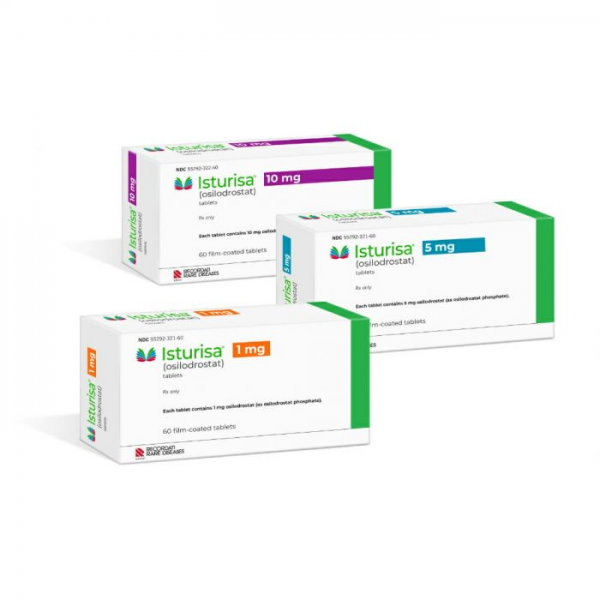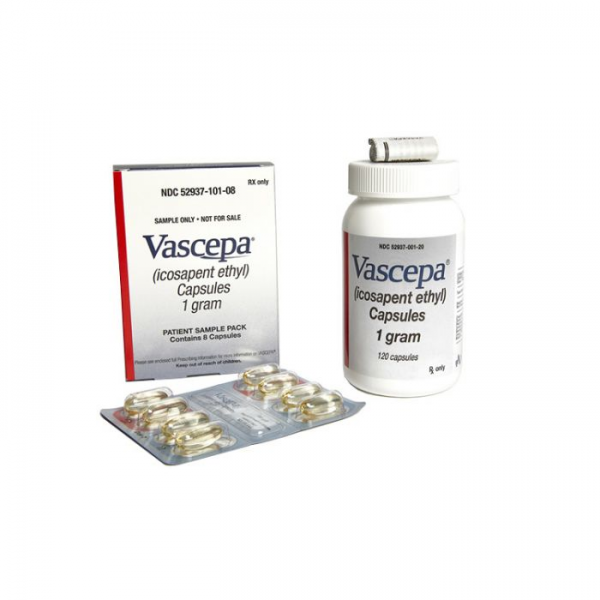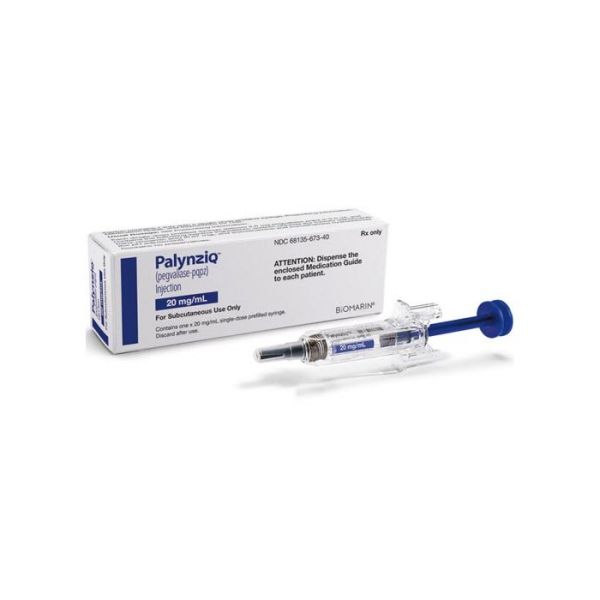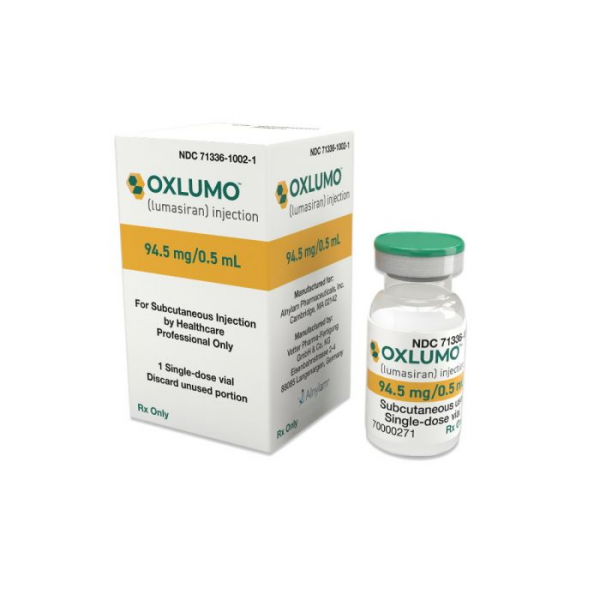What is Waylivra (volanesorsen)?
Waylivra (volanesorsen) is indicated as an adjunct to diet in adult patients with genetically confirmed familial chylomicronemia syndrome (FCS) and at high risk for pancreatitis, in whom response to diet and plasma triglycerides lowering therapy has been inadequate.[1]
How does Waylivra (volanesorsen) work?
The active substance in Waylivra, volanesorsen, is an ‘antisense oligonucleotide,’ a very short piece of synthetic RNA (a type of genetic material). It has been designed to block the production of a protein that slows down the breakdown of fats called apolipoprotein C-III.
By blocking the production of this protein, the medicine shows reduced triglycerides level in the blood of patients with FCS and, as a result, reduced fat accumulation in the body, which is expected to lower the risk of pancreatitis.
Where has Waylivra (volanesorsen) been approved?
Waylivra (volanesorsen) was approved for the treatment of familial chylomicronaemia syndrome (FCS) by:
- European Medicines Agency (EMA) on May 3, 2019
Please note that this medicine may have also been approved in other regions than the ones we’ve listed. If you have a question about its approval in a specific country feel free to contact our support team.
How is Waylivra (volanesorsen) taken?
Waylivra (volanesorsen) is given as 285 mg in 1.5 mL injected subcutaneously once weekly using a single-use prefilled syringe.
After 3 months, patients who have had a sufficient reduction in the level of triglycerides can continue to receive the medicine once every 2 weeks. The frequency of injections is adjusted again after 6 and 9 months depending on how well the medicine is working.
Note: Please consult with your treating doctor for personalised dosing.
Are there any known side effects or adverse reactions of Waylivra (volanesorsen)?
Common adverse reactions
The common adverse reactions listed in the prescribing information include:[2]
- Asthenia
- Fatigue
- Nausea
- Headache
- Leukopenia
- Immunisation reaction
- Haematoma
- Epistaxis
- Erythema
- Myalgia
Serious adverse reactions
Because Waylivra (volanesorsen) can reduce blood levels of platelets, the main risk with this medicine is thrombocytopenia which, when severe, can lead to bleeding.
Patients must therefore be monitored closely and the frequency of injections adjusted if needed.
Contraindications
- Hypersensitivity to the active substance (volanesorsen) or to any of the following ingredients: sodium hydroxide (for pH adjustment), hydrochloric acid (for pH adjustment), water for injections.
- Chronic or unexplained thrombocytopenia. Treatment should not be initiated in patients with thrombocytopenia (platelet count <140 x 109/L).
For a comprehensive list of side effects and adverse reactions please refer to the official prescribing information.[2]






Reviews
There are no reviews yet.